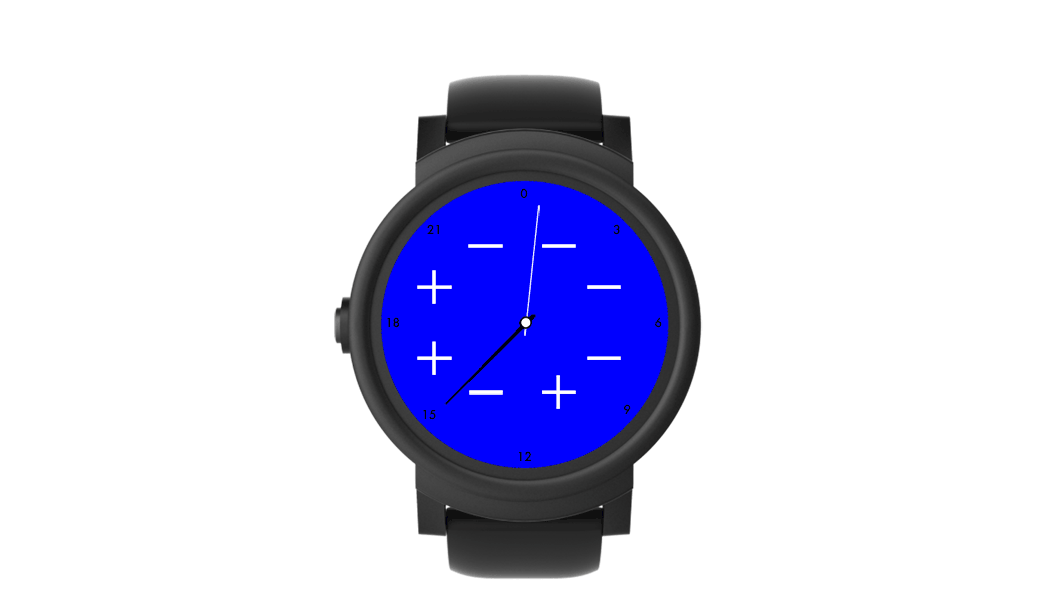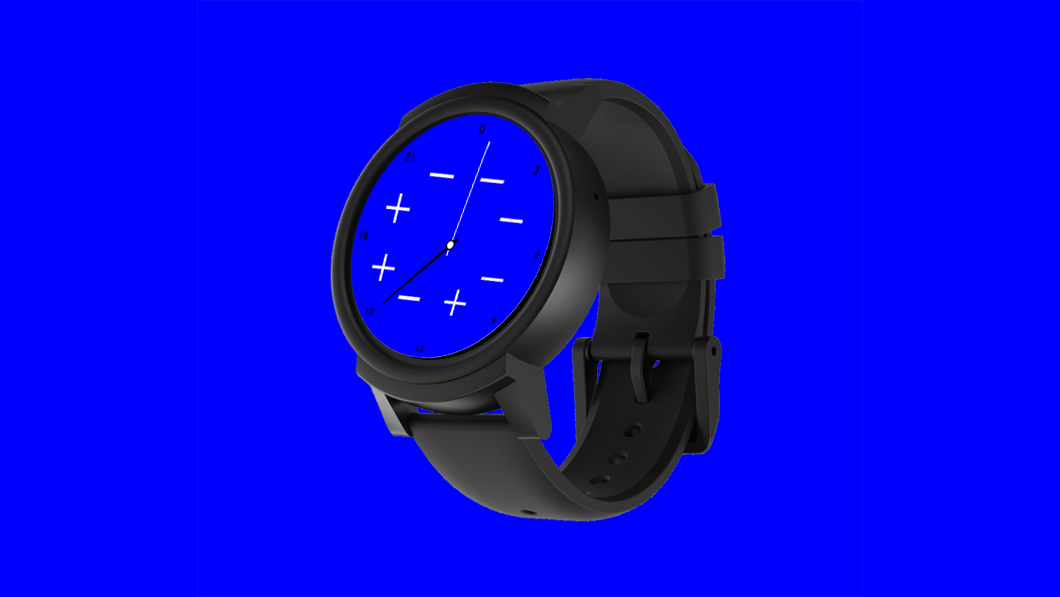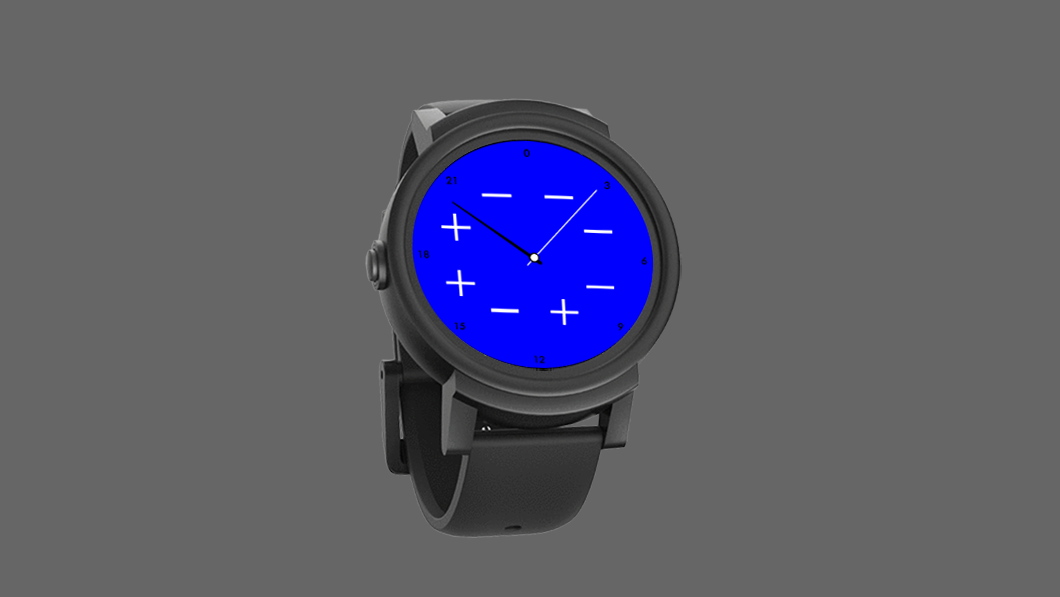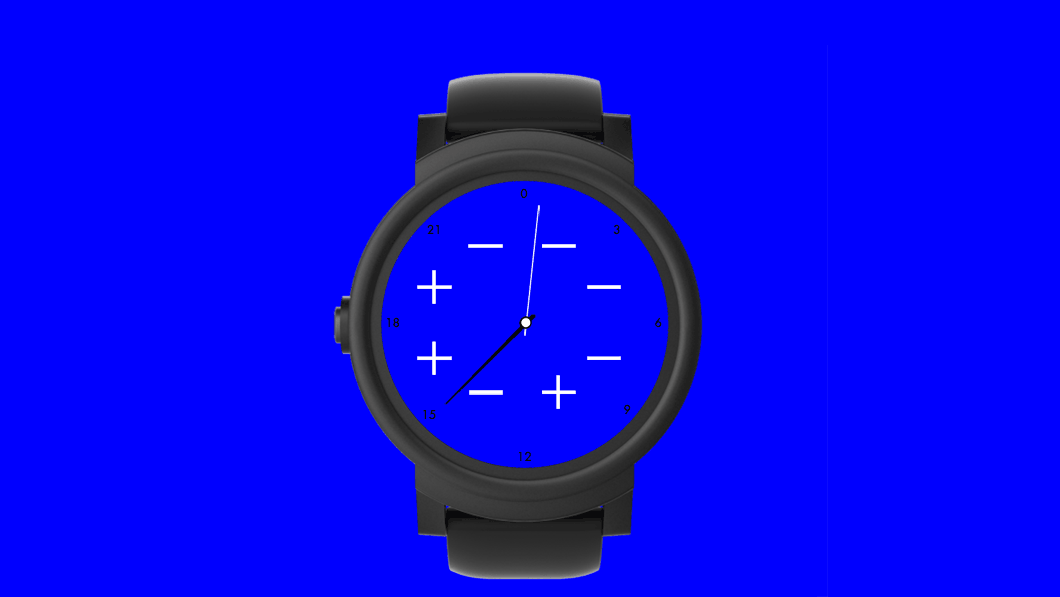| sense of time | on time |
kairos A design for time illustrating the influence of our biological circadian rhythms upon our lived daily experience of time.     |
|
references & inspiration |
|||
The ancient Greeks had two words for time: Chronos which refers to chronological or sequential time, and Kairos which signifies the proper or opportune time for action. While Chronos is quantitative, Kairos has a qualitative nature. - Wikipedia, Kairos |
In general, people move through the day in three stages: A peak, a trough, and a recovery. And most us move through it in that order. During the peak, which for most of us is the morning, we're better at analytic tasks. That's when we're most vigilant, when we're able to bat away distractions and concentrate deeply. During the trough, which for most of us is the early-to-mid-afternoon, we should do our administrative tasks-answering routine emails, filling out expense reports. And during the recovery, which for most of us is the late afternoon and early evening, we're better at insight problems. Our mood then is better than during the trough. And we're less vigilant than during the peak. That looseness-letting in a few distractions-opens us to new possibilities and boosts our creativity. The trouble is that often we often don't do the right tasks at the right time. We think questions of "when" are less important than questions of "what," "how," and "who". - - Daniel Pink, When: The Scientific Secrets of Perfect Timing |
||
